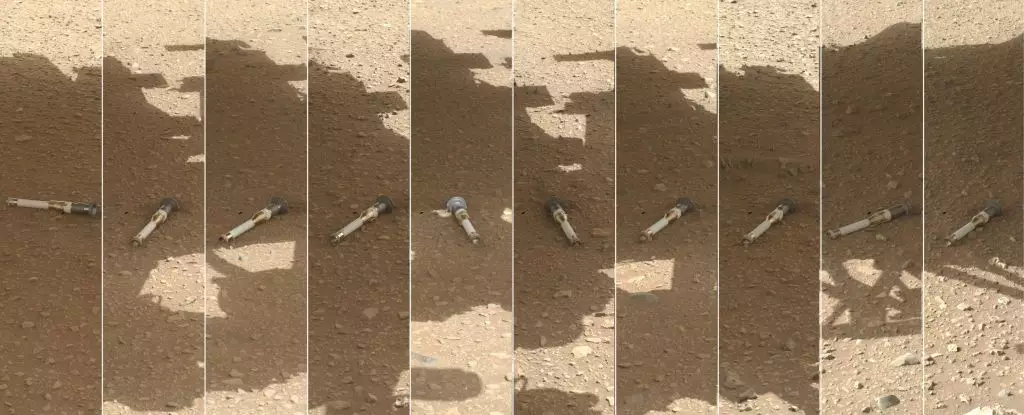NASA’s Perseverance rover, launched in early 2021, has gathered significant data and samples from the Martian surface. However, the mission’s future is clouded by uncertainties. On January 7, 2024, key figures from NASA, including administrator Bill Nelson and associate administrator Nicky Fox, are scheduled to address these pressing issues in a teleconference. Their discussion is expected to shed light on ongoing efforts to advance the Mars Sample Return mission, a collaborative project between NASA and the European Space Agency (ESA). This mission aims to retrieve samples collected by Perseverance and deliver them to Earth, yet it is hindered by budgetary and structural challenges.
Despite the ambitious goals of the Mars Sample Return mission, the project has faced scrutiny and setbacks. An independent review concluded that the mission’s budget and timeline were overly optimistic, highlighting an unwieldy organizational structure that lacked effective leadership. These findings prompted concerns within the U.S. Congress, resulting in a proposed budget cut of over $454 million to NASA’s 2024 budget, specifically targeting the Mars Sample Return initiative. The repercussions have been significant; NASA has since reduced its expenditure on the mission, leading to layoffs at the Jet Propulsion Laboratory (JPL), the mission’s management hub.
These developments have ignited fears that the Perseverance samples, currently secured in canisters on Mars, might be stranded indefinitely. Although the objective of returning these samples to Earth is crucial for advancing our understanding of the planet, the practical implications of executing such a complex mission cannot be overlooked.
Fortunately, signs of hope emerged in April 2024 when Nelson and Fox confirmed that the mission would not be canceled. Instead, NASA is pursuing alternatives to lower costs while potentially expediting the sample return timeline, aiming to achieve this feat prior to 2040. This declaration hints at a more pragmatic approach to overcoming the setbacks faced by the mission.
Furthermore, an announcement in October 2024 regarding the formation of a new team dedicated to evaluating the future of the Mars Sample Return mission reflects a proactive strategy. By expecting a comprehensive report by the end of 2024, NASA signals its commitment to navigate the complicated landscape of space exploration. The agency will rely on decades of experience and feedback from previous missions to guide their decision-making processes.
The implications of successful sample return extend beyond Martian exploration. Analyzing these samples could unveil critical insights into the origins and evolution of Mars itself, as well as provide vital information regarding the solar system and the potential for life beyond Earth. From a scientific perspective, this mission represents a pivotal opportunity to alter our understanding of planetary science.
Nicky Fox emphasized this in her remarks from April 2024, reiterating that the mission could yield transformative discoveries. The quest to gather data from Mars holds the potential to answer fundamental questions about these celestial bodies’ composition and histories. As planetary exploration accelerates, the need for structured methods that prioritize scientific integrity and budgetary transparency has never been more essential.
As the upcoming teleconference draws closer, the scientific community and space enthusiasts alike await the new developments regarding the Mars Sample Return mission with bated breath. The transfer of knowledge from Mars to Earth could have profound ramifications for our understanding of not just Mars, but the very fabric of life in the universe. While the challenges are significant, a strategic redirection can facilitate this monumental mission.
As NASA navigates the complexities of funding, planning, and executing the Mars Sample Return mission, the expectations for fruitful collaboration with ESA and other stakeholders remain. If successful, the mission will not only return samples from the Red Planet but may also catalyze further exploration efforts, ensuring humanity’s continued quest for knowledge about our cosmic neighborhood. The journey from Mars to Earth could redefine our place in the universe, assuming the mission is executed with both tenacity and foresight.


Leave a Reply